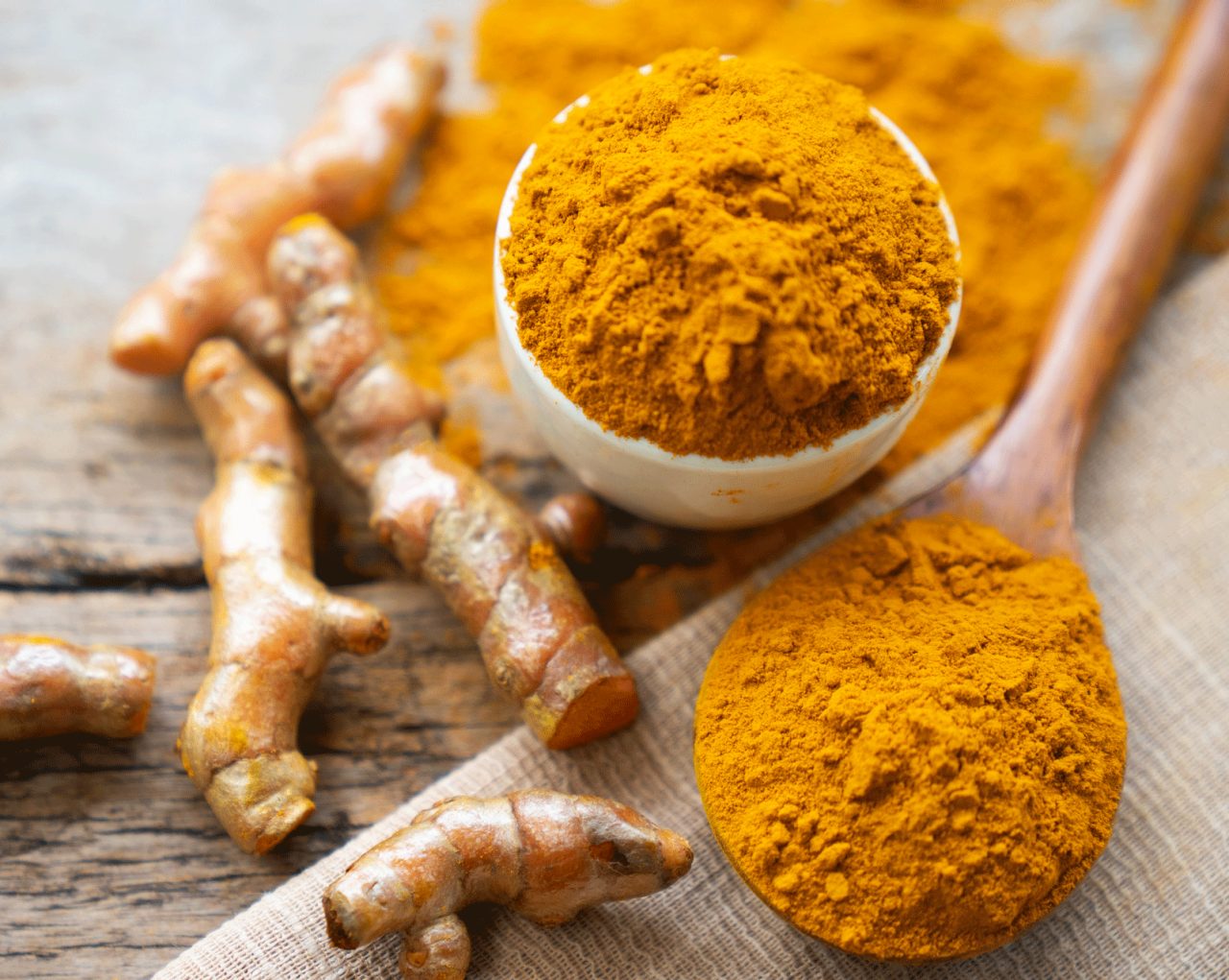Preserve Your Bones with Curcumin

Curcumin, a compound in the Indian kitchen spice turmeric, may help prevent bone loss that can lead to osteoporosis. Here’s what you should know.
Researchers are finding ways to make curcumin useful as medicine to build bone density.
Millions of Americans suffer from bone injuries or weak bones. Human bone contains cells that absorb and replace bone tissue in a continuous cycle. Most of your skeleton is replaced about every decade.
As you age, the remodeling process doesn’t work as well. Women especially suffer from bone loss after menopause. When you have osteoporosis, your body doesn’t make new bone as quickly as it breaks down the old, so your bones become less dense, weak, and more likely to break.
YOU MIGHT ALSO LIKE: Osteoporosis Risk Factors
Roughly half of white women and 20 percent of white men will have bone fracture related to osteoporosis over their lifetime.
The U.S. Preventive Services Task Force recommends x-ray screening of all women aged 65 years and up. If you are diagnosed with osteoporosis, your doctor may prescribe bisphosphonate therapy, drugs that help slow bone thinning. One of the best-known is alendronate (Fosamax).
Bisphosphonates do have risks, including a higher chance of stroke and deep vein thrombosis. It’s also recommended that you stop smoking, drink only in moderation, and avoid high-salt food and very low-calorie diets.
You can take precautions before it’s too late. Make sure you’re getting enough calcium and vitamin D, and do weight-bearing exercises regularly.
You can also try curcumin, a compound in the kitchen spice turmeric.
Test tube research shows that curcumin steps into the natural bone remodeling cycle and enhances it. Animal studies have shown good effects on bone remodeling, and scientists have zeroed in on the mechanism.
Early human research is promising, too. In a study of patients with spinal cord injuries, a group that took 110 mg a day of curcumin ended up with denser bones after six months than a placebo control group.
When you take curcumin orally, however, your body quickly eliminates most of it. So, researchers have looked for ways to make the substance more absorbable.
A standardized extract called Meriva has shown bioavailability for a number of purposes, including bone strengthening. In the search for a better delivery system, one team of researchers encased curcumin in a polymer — a substance with very large molecules. (Natural polymers include silk, rubber, wool, amber, starch, and DNA.)
The team coated a ceramic bone scaffold with the substance, which allowed the curcumin to release slowly over 22 days, affecting new bone cells and blood vessels in surrounding tissue. The result was an improvement in bone-growing capacity by 30 to 45 percent, the team reported.
The same researchers are looking at compounds from aloe vera, saffron, vitamin D, garlic, oregano, and ginger, all of which might encourage bone growth, tame infection, or fight inflammation or cancer.
The best approach for post-menopausal women may be to combine curcumin with alendronate. In a 12-month randomized double-blind trial in an osteoporosis outpatient clinic, researchers divided 60 post-menopausal women into three groups, a control group that received only 1,000 mg of calcium carbonate a day, a group that also took 5 mg a day of alendronate, and a group that took the calcium, alendronate, and 110 mg a day of curcumin.
Alendronate alone improved the women’s scores on tests of bone density, but the combination worked best of all. The researchers also noted that curcumin may protect women from blood-clotting risks linked to bisphosphonates.
Updated:
August 21, 2023
Reviewed By:
Janet O’Dell, RN